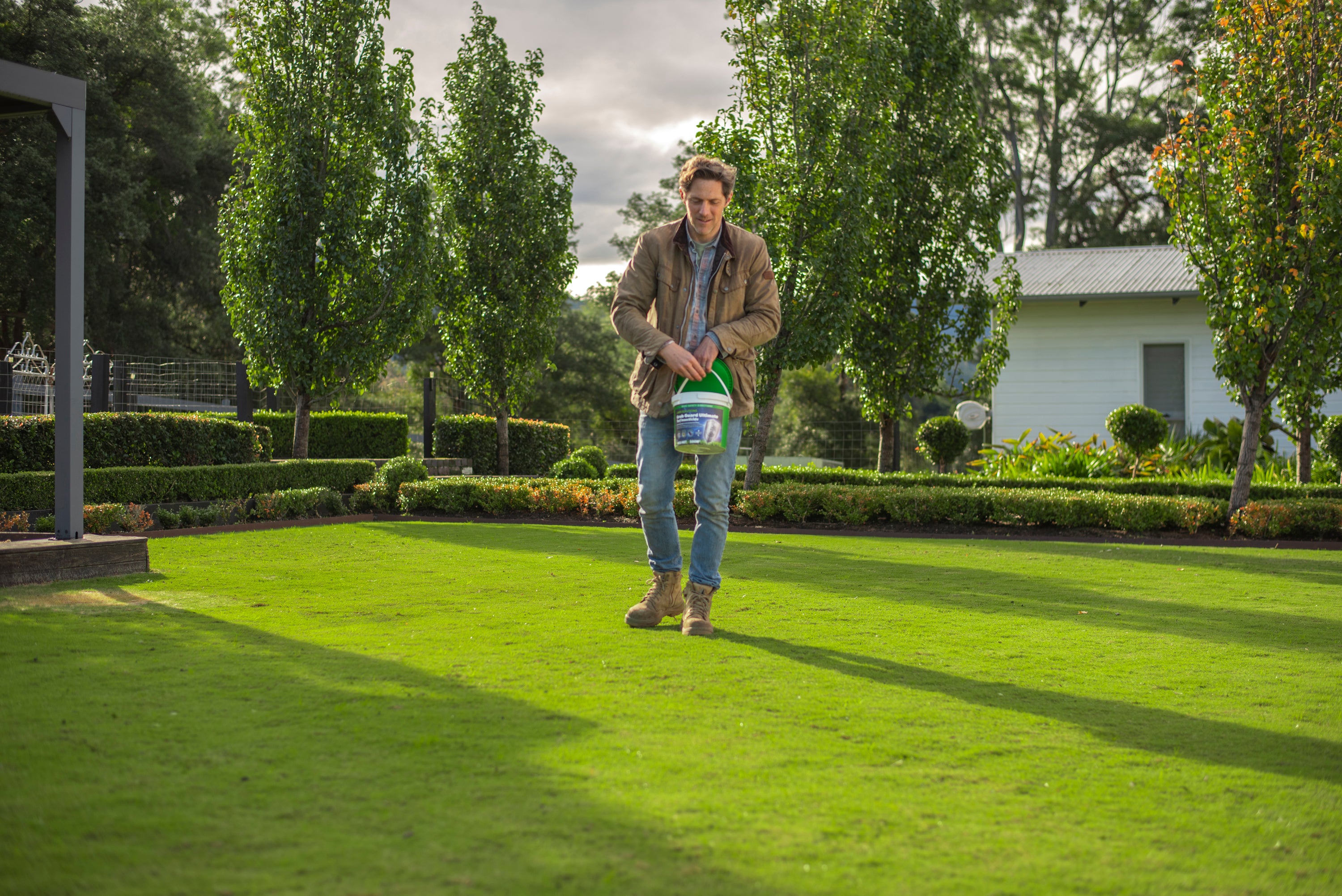Tips & Tricks
Take a look through our lawn care information below where we’ve compiled helpful advice and tips to help you care for your new lawn. Read more about mowing, watering, fertilising or pest and disease. Watch our helpful videos below that cover a range of topics from controlling pests and weeds to feeding, mowing and fertilising. These videos have some great information which covers everything you need to know to keep your new lawn in top shape.
What's Next?
Once you’ve installed your new lawn, care needs to be taken to ensure a healthy and lush lawn. Read our guide below and watch helpful videos for all you need to know about fertilisation, watering, mowing and more.
Mowing
After laying your new lawn, mowing should begin between 2-4 weeks, depending on what season you lay your lawn and what variety of lawn. If you are unsure of when to start mowing after laying, try gently lifting a roll off the ground to see if the roots have bounded with the ground, if so this would be a good time to commence mowing.
In summer, try to avoid removing any more than 1/3 of the blade length in between mowing because your lawn will tend to get ‘shocked’ and turn slightly white in appearance. In winter mowing should be kept to a minimum to reduce chance of frost burn.
Watering
Immediately after you lay your lawn watering should commence. For the first 2-3 weeks after laying we recommend watering twice a day to ensure full root penetration. After the 2-3 weeks, one good water per-week should be enough to maintain a healthy lawn (depending on season).
Always try to water your lawn early in the morning because there is less water evaporation.
Fertilising
Greenway turf recommends mixing a launcher fertiliser in with your soil before laying. This will maximise root penetration resulting in your lawn to catch on quicker. Fertilising your lawn is a must! We recommend fertilising your lawn 3 times a year, start of summer (Dec-Jan), end of autumn (April-May), and start of spring (Sep-Nov). We don’t recommend fertilising in winter because the turf will not feel the fertiliser (especially buffalo).
Avoid fertilising in the morning, as dew on the leaves may cause the fertiliser to stick, resulting in chemical burn. Immediately after fertilising water the in thoroughly.
Pest & Disease
Avoid fertilising your new lawn in warmer months with dynamic lifter because there is a greater chance of getting ‘black spot’, especially in humid wet months. There are systemic fungicides available to treat black spot if it is noticed. A well known pest around Sydney in the hot & humid months is Armyworm. If you suspect any armyworm in your lawn it’s a good idea to treat it with an insecticide from your local nursery e.g. Baythroid.
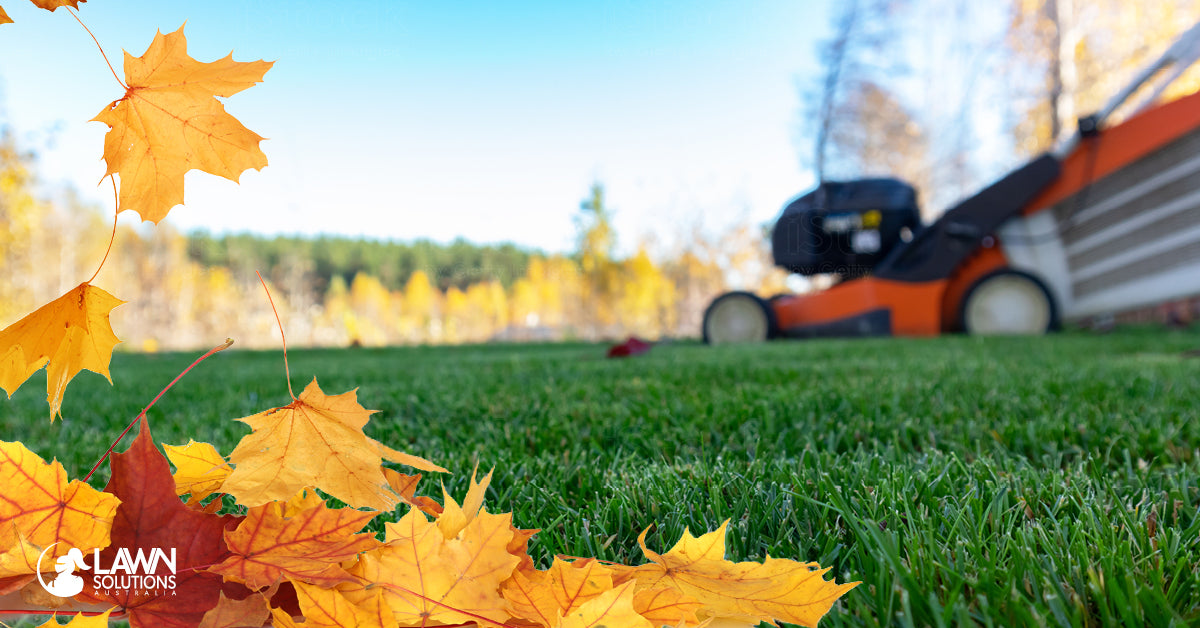
Mowing your lawn
Many lawn maintenance professionals say to only cut one-third of your leaf-height when mowing. Sharp mower blades are important with mowing, but the amount you take off can affect its recovery.
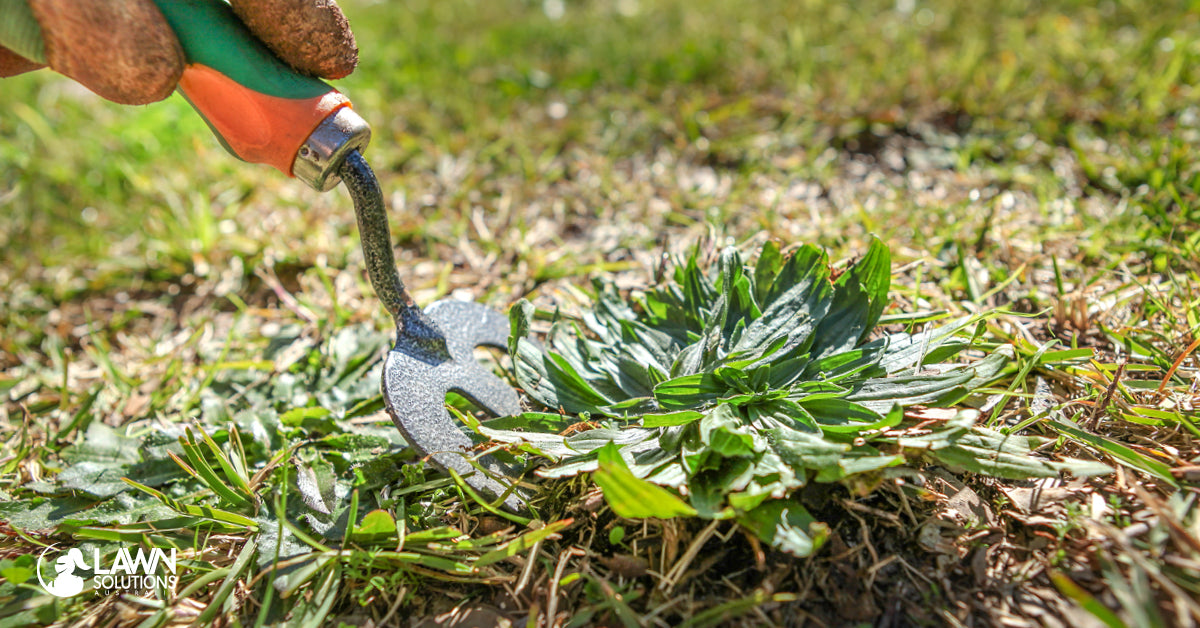
Weeds
We all have likely heard of the dreaded Bindii. It can create a minefield in our lawns during the warmer months if left to spread and produce it’s prickly seed pod. In this video, we look at what bindii is and how you can treat it in your lawn.
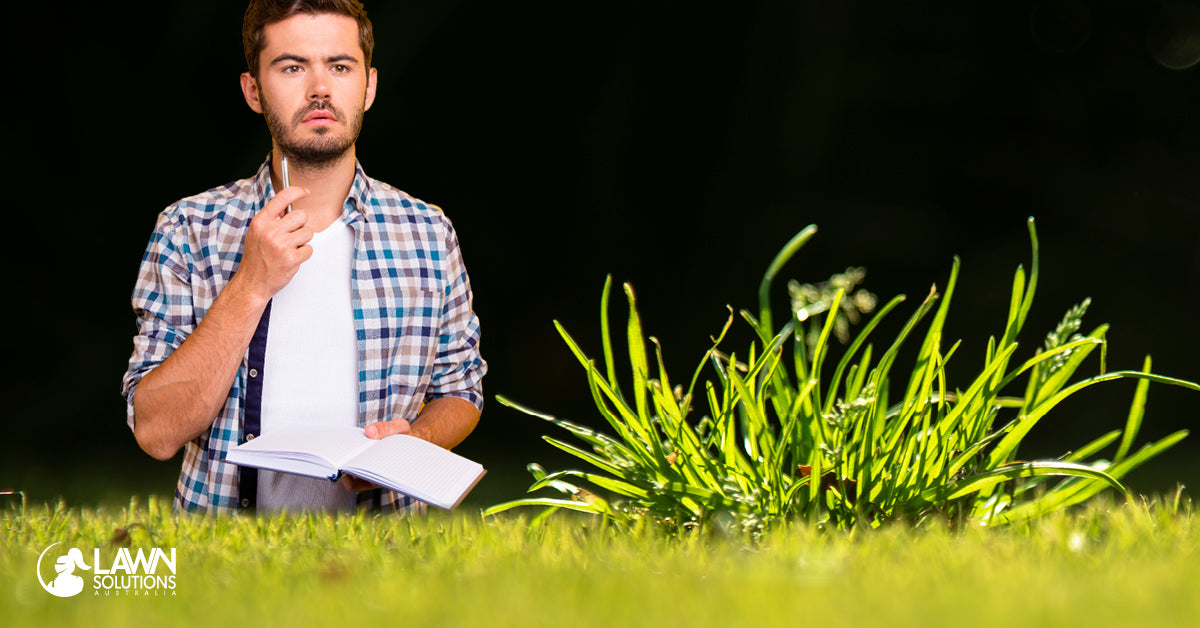
common lawn problems
Is your lawn not looking so good? Maybe you have brown patches in your lawn or or your lawn isn't growing as quick or as well as you thought it would? Check out how to troubleshoot the most common lawn problems and find a simple fix with Joe from Lawn Solutions Australia.
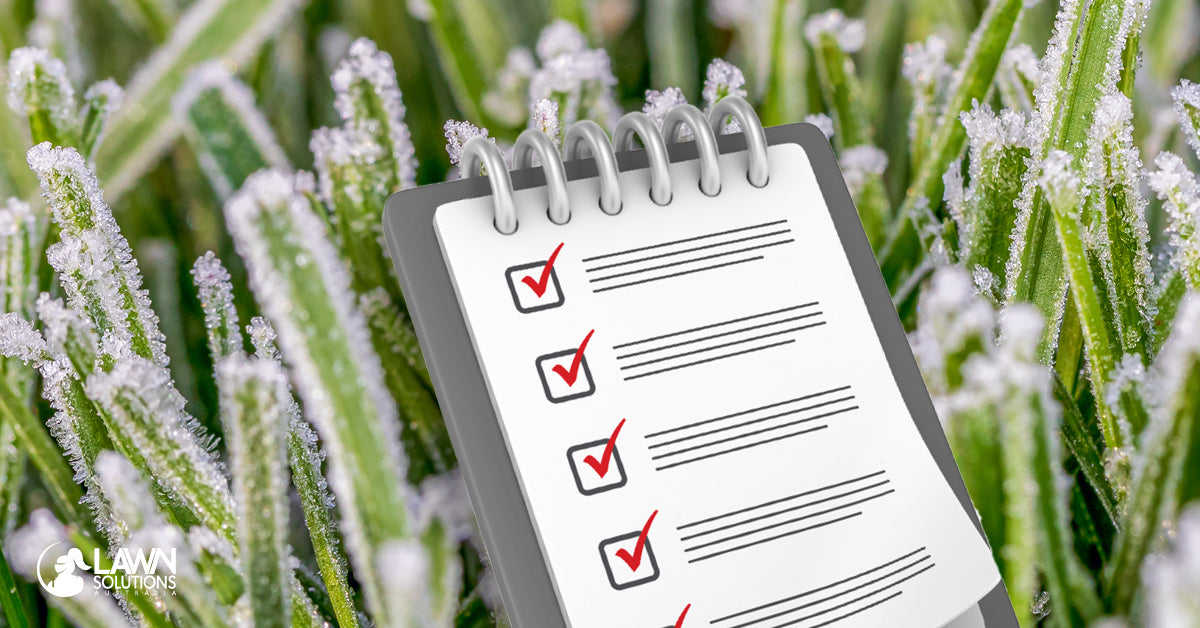
Winter lawn care
Should you water your lawn in winter? View this video to learn more about your lawns watering needs in winter.
Get A Quote
We’re here to help! If you’ve decided on the right turf grass for you or need some advice, get in touch with our helpful team to discuss your needs and get a quote on your new lawn today. Greenway Turf supplies suit your space, including Sir Walter DNA Certified Buffalo Grass, Sir Grange Zoysia Grass,TifTuf Bermuda Grass, Nullarbor Couch Grass and Eureka Kikuyu Grass turf varieties in Sydney.

